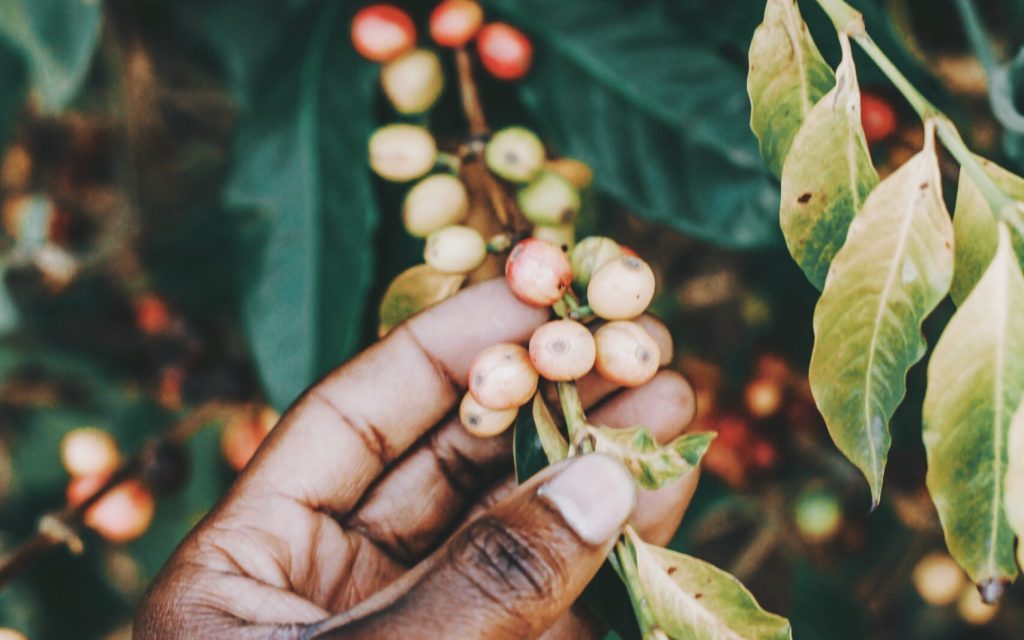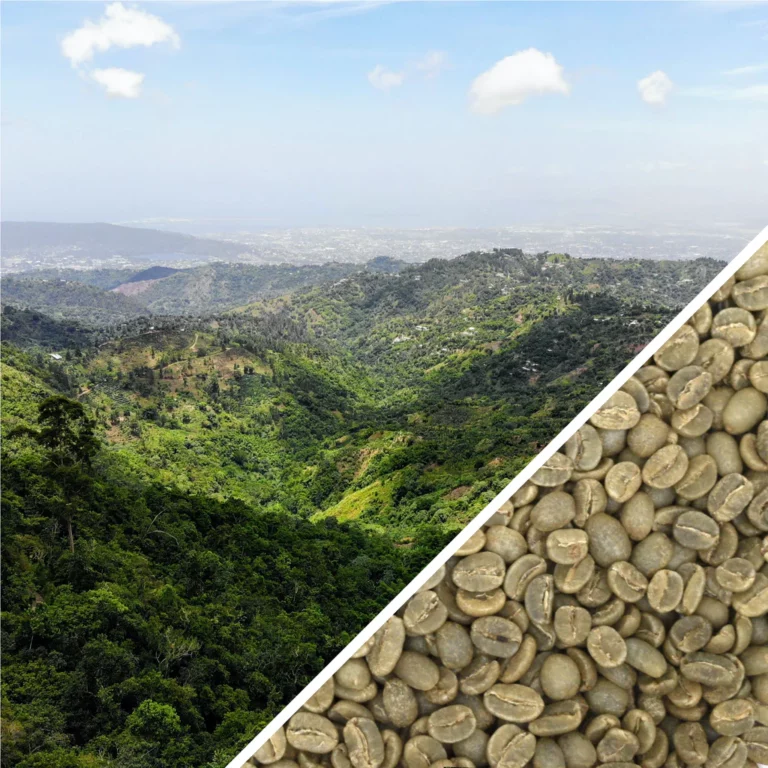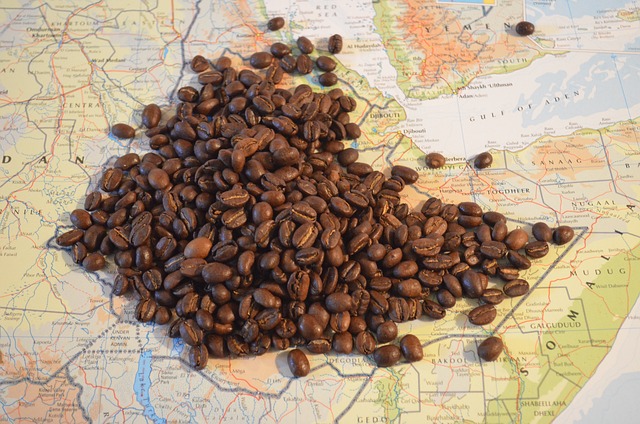Organic Coffee – Ultimate Guide: Why To Choose

The World of coffee. Did you know that approximately 1 billion people drinks coffee Worldwide?
It is unbelievable how people love coffee. Originally the Organic Coffee trace back to the 1970s when concerns about the environmental impact of conventional farming began to rise. This led to the development of organic farming methods. Because of his, they are prioritized sustainability, soil health, and biodiversity.
Initially gained traction in countries like Peru and Mexico, where farmers embraced organic practices as a way to protect their land and communities. Over time, the demand for organic coffee grew globally. Due to this, more coffee growing regions adopted the organic certification standards.
Nowadays, organic coffee is produced by various countries around the world. Mostly they are focusing on ethical sourcing and high-quality beans.
What makes Coffee Organic?
Organic coffee is coffee cultivated without relying on synthetic fertilizers, pesticides, growth regulators, or genetic modifications. It’s all about nurturing the land and its biodiversity. Organic farmers employ natural techniques like crop rotation, biological pest control, and the use of organic fertilizers such as coffee pulp. Earning the organic certification isn’t a walk in the park. Farmers must commit to organic practices for a minimum of three years and undergo annual inspections to ensure compliance.

Why people should choose ?
Traditional coffee farming methods often result in chemical residue accumulation in the surrounding areas. Consequently, these chemical remnants can pollute the habitats of local wildlife and disrupt soil health.
Shady Conditions
Shade is crucial for coffee beans to flourish, as they naturally grow beneath the canopy of dense, tropical forests. In this environment, they benefit from protection against harsh sunlight and excessive heat. This sheltered setting fosters slow growth, allowing the beans to develop rich and nuanced flavors. Moreover, shade-grown coffee supports biodiversity by creating a habitat for various plant and animal species, contributing to a thriving ecosystem.
Should You Buy ?

For quality machines check out THIS article!







